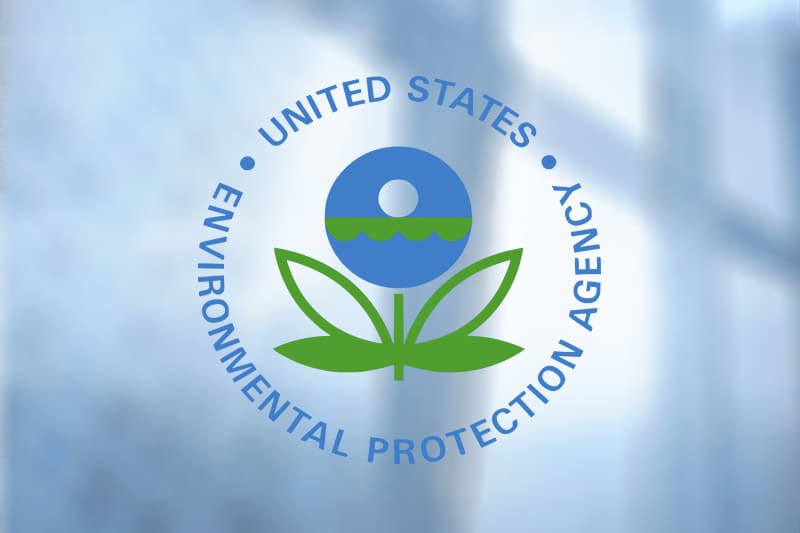
EPA Grants to Further Economic Stability Across U.S.
The EPA recently announced they will be awarding more than $735 million in grants to more than 2,400 zero emission heavy duty vehicles. This widespread funding will span across 70 projects in 27 states, three Tribal Nations, and one territory.
The transition to clean energy solutions is a defining challenge of the 21st century, and heavy-duty vehicles are critical to the success of these efforts. Grants for clean heavy-duty vehicle programs present a powerful opportunity to strengthen the American economy, create high-quality jobs, and enhance long-term economic security.
Heavy-duty vehicles, such as trucks, buses, and construction equipment, are essential to the nation’s infrastructure and logistics. However, their reliance on fossil fuels contributes significantly to greenhouse gas emissions and air pollution. Clean vehicle grants aim to address these issues by incentivizing the adoption of electric, hydrogen, and other low-emission technologies. By supporting fleet operators, manufacturers, and infrastructure developers, these grants serve as a catalyst for transformative economic growth.
Investments in clean heavy-duty vehicles directly translate to job creation. Manufacturing electric buses, retrofitting diesel trucks, or building hydrogen fueling stations requires skilled labor across multiple sectors. American workers will benefit from expanded opportunities in engineering, assembly, and maintenance, as well as in the rapidly growing clean energy sector. According to recent studies, clean energy jobs pay competitive wages, often exceeding those in traditional fossil fuel industries, and provide stable career paths.
Economic security is another significant benefit of these grants. By reducing dependence on volatile fossil fuel markets, the U.S. can shield itself from global energy price fluctuations. Transitioning to domestically produced clean energy technologies ensures a stable supply chain and reduces the economic risks associated with energy imports. Moreover, cleaner vehicles lead to lower operating costs for businesses, increasing their competitiveness in global markets.
The health benefits from reduced emissions further enhance economic productivity. Cleaner air reduces healthcare costs associated with respiratory and cardiovascular diseases, while improving worker productivity due to fewer pollution-related illnesses. Communities disproportionately affected by heavy-duty vehicle emissions, often in urban and industrial areas, stand to gain the most, contributing to a more equitable economic landscape.
Clean heavy-duty vehicle grants are not just an environmental initiative—they are a strategic investment in America’s future. By fostering innovation, empowering the workforce, and ensuring energy independence, these grants will bolster economic resilience and create a foundation for sustained growth. With bipartisan support, they can drive the U.S. toward a cleaner, more prosperous future, showcasing the nation’s leadership in tackling climate challenges while strengthening its economic backbone.